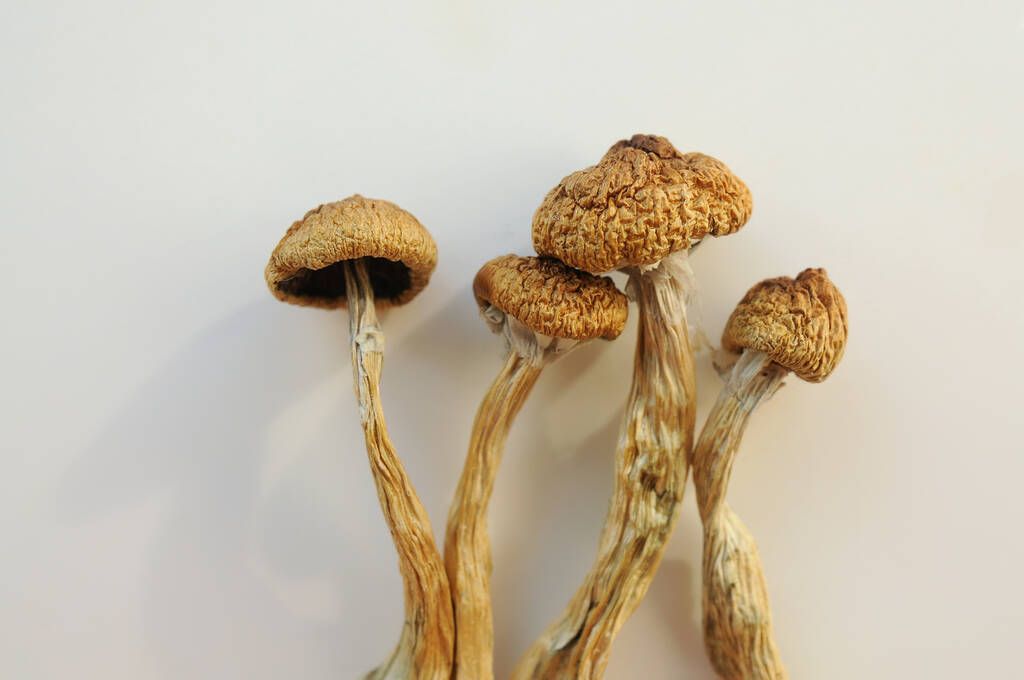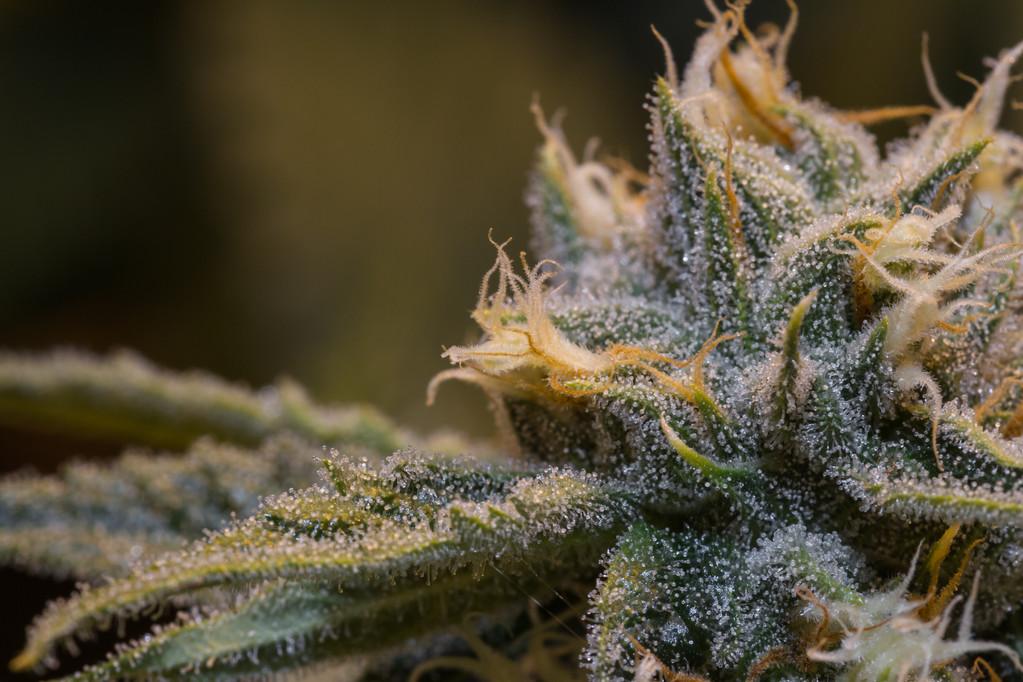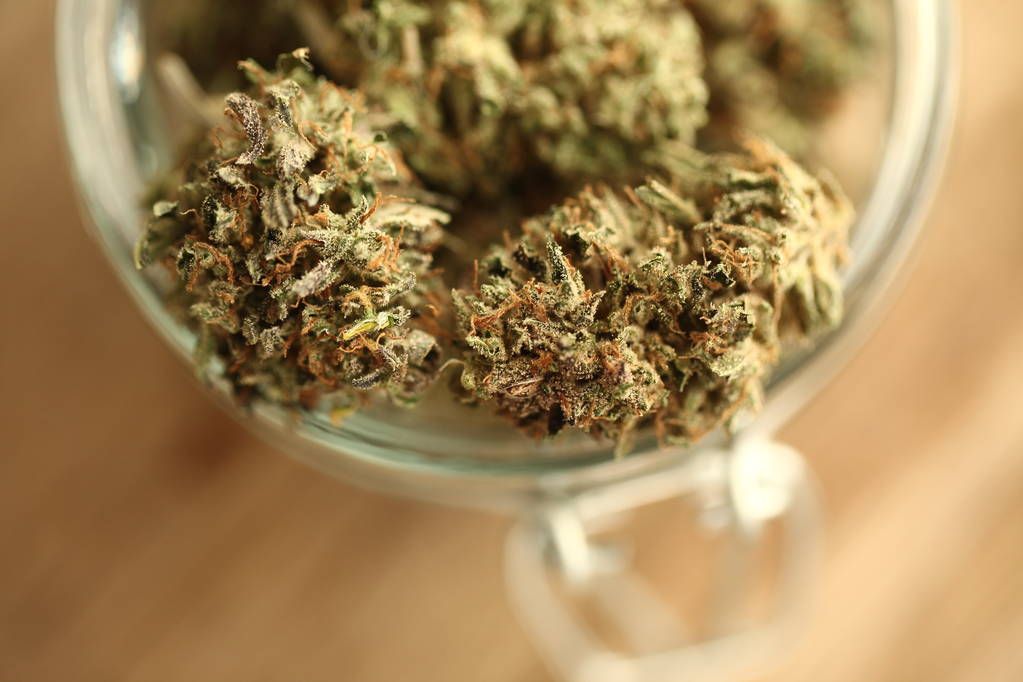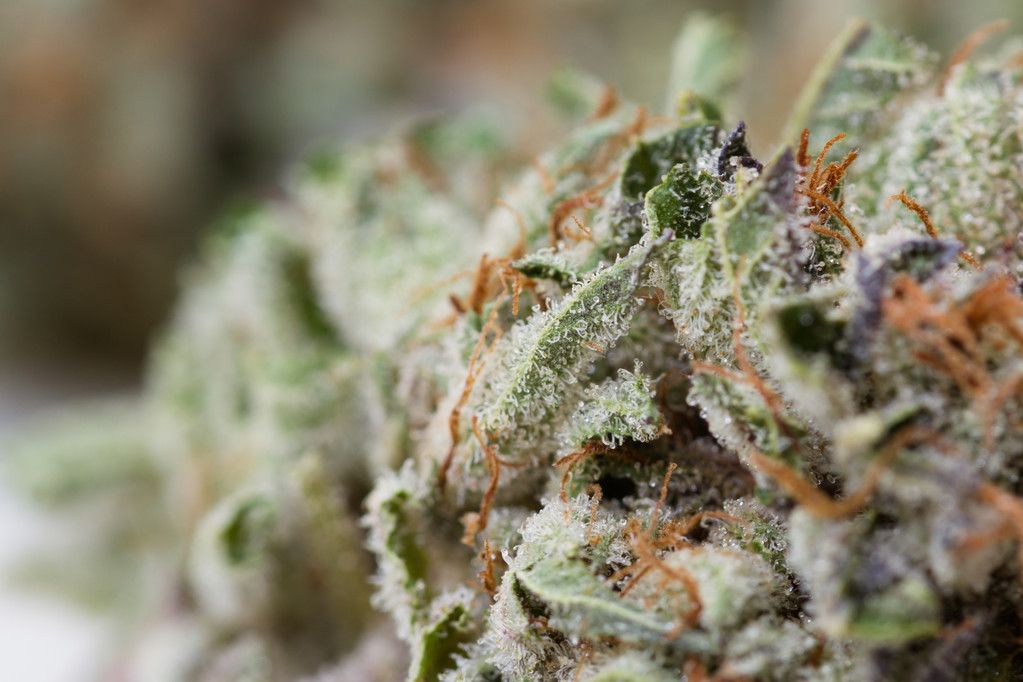In April, monthly marijuana sales in New Mexico once again surpassed $50 million.

According to the latest data from the New Mexico Regulation & Licensing Department, the state saw $51,107,738.68 in legal marijuana sales during April, spread across 1,162,438 transactions. This sum, which falls roughly $1.4 million short of the record-breaking amount sold last month, includes $12,854,179.26 from medical marijuana patients and $38,253,559.42 from recreational consumers.
As of the end of April, New Mexico has 1,003 active marijuana retail licenses and a total of 2,843 active marijuana business licenses. The business licenses include a diverse range of entities such as producers, micro producers, manufacturers, couriers, consumption areas, testing labs, and research labs.
Continue reading

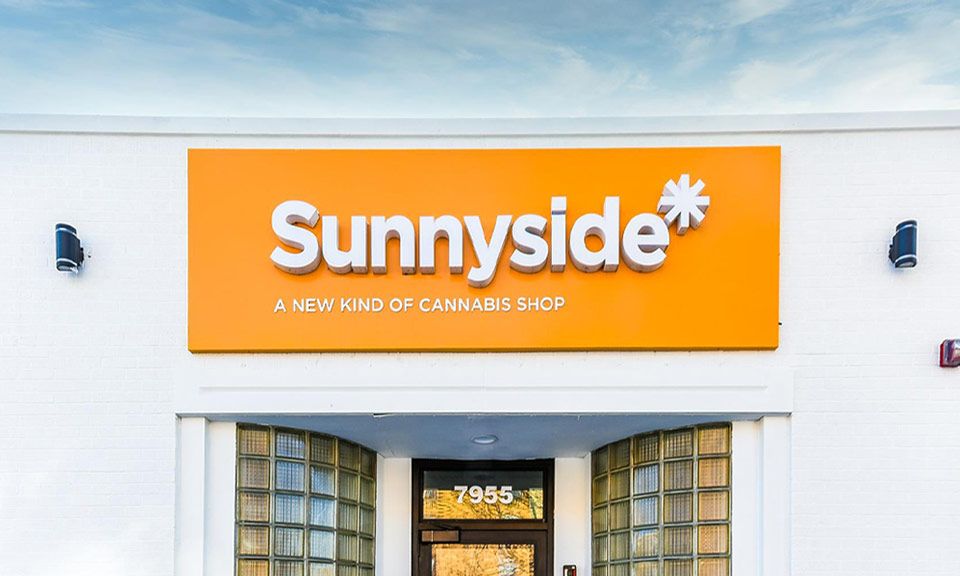
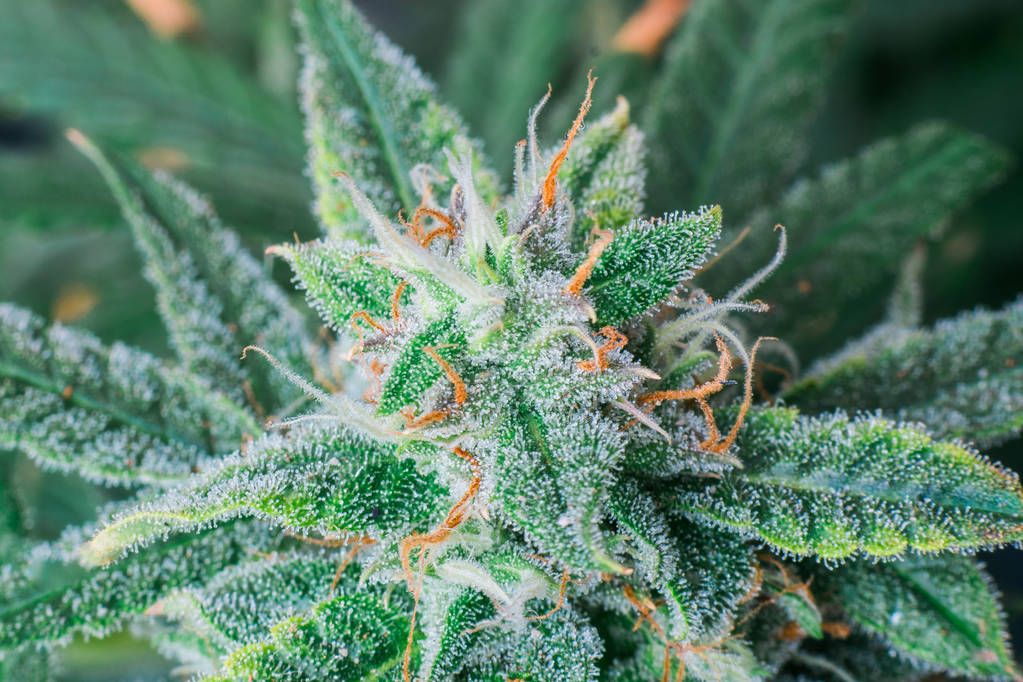
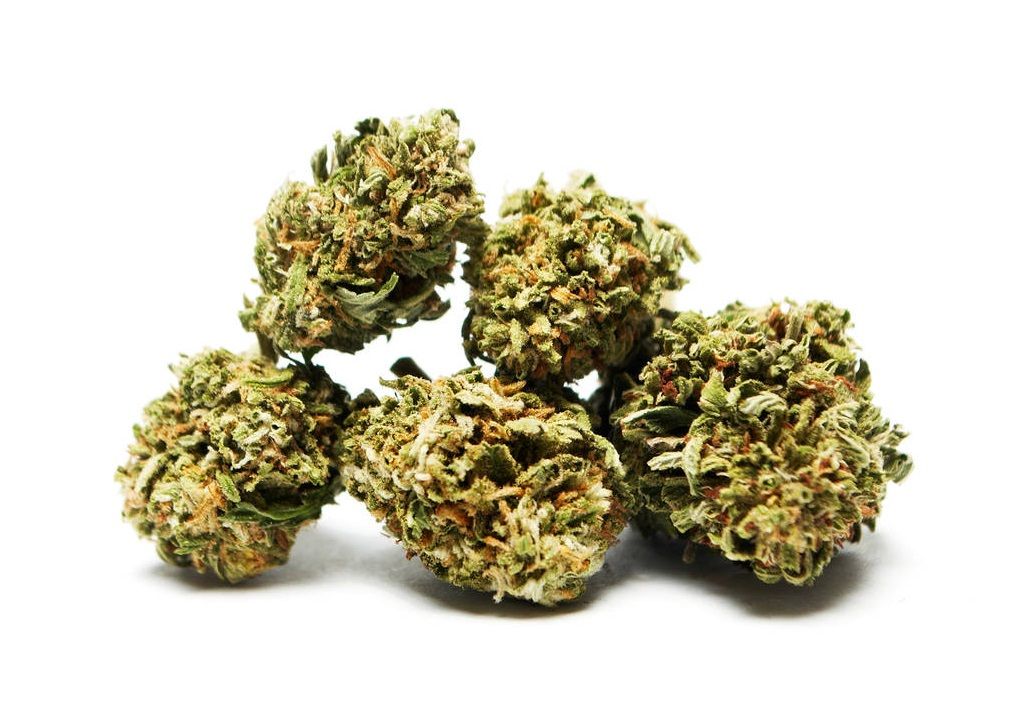 In a significant policy shift, the U.S. Drug Enforcement Administration (DEA)
In a significant policy shift, the U.S. Drug Enforcement Administration (DEA)  “Yesterday, the Department of Justice affirmed that the DEA has concurred with an HHS recommendation to move cannabis from Schedule I to Schedule III of the Controlled Substances Act”, says NORML Deputy Director Paul Armentano. “While the DEA’s opinion to reschedule cannabis fails to go far enough, it represents the first time the agency has ever abandoned its ‘Flat Earth’ position toward cannabis and acknowledged that the substance possesses legitimate therapeutic utility.”
“Yesterday, the Department of Justice affirmed that the DEA has concurred with an HHS recommendation to move cannabis from Schedule I to Schedule III of the Controlled Substances Act”, says NORML Deputy Director Paul Armentano. “While the DEA’s opinion to reschedule cannabis fails to go far enough, it represents the first time the agency has ever abandoned its ‘Flat Earth’ position toward cannabis and acknowledged that the substance possesses legitimate therapeutic utility.”
